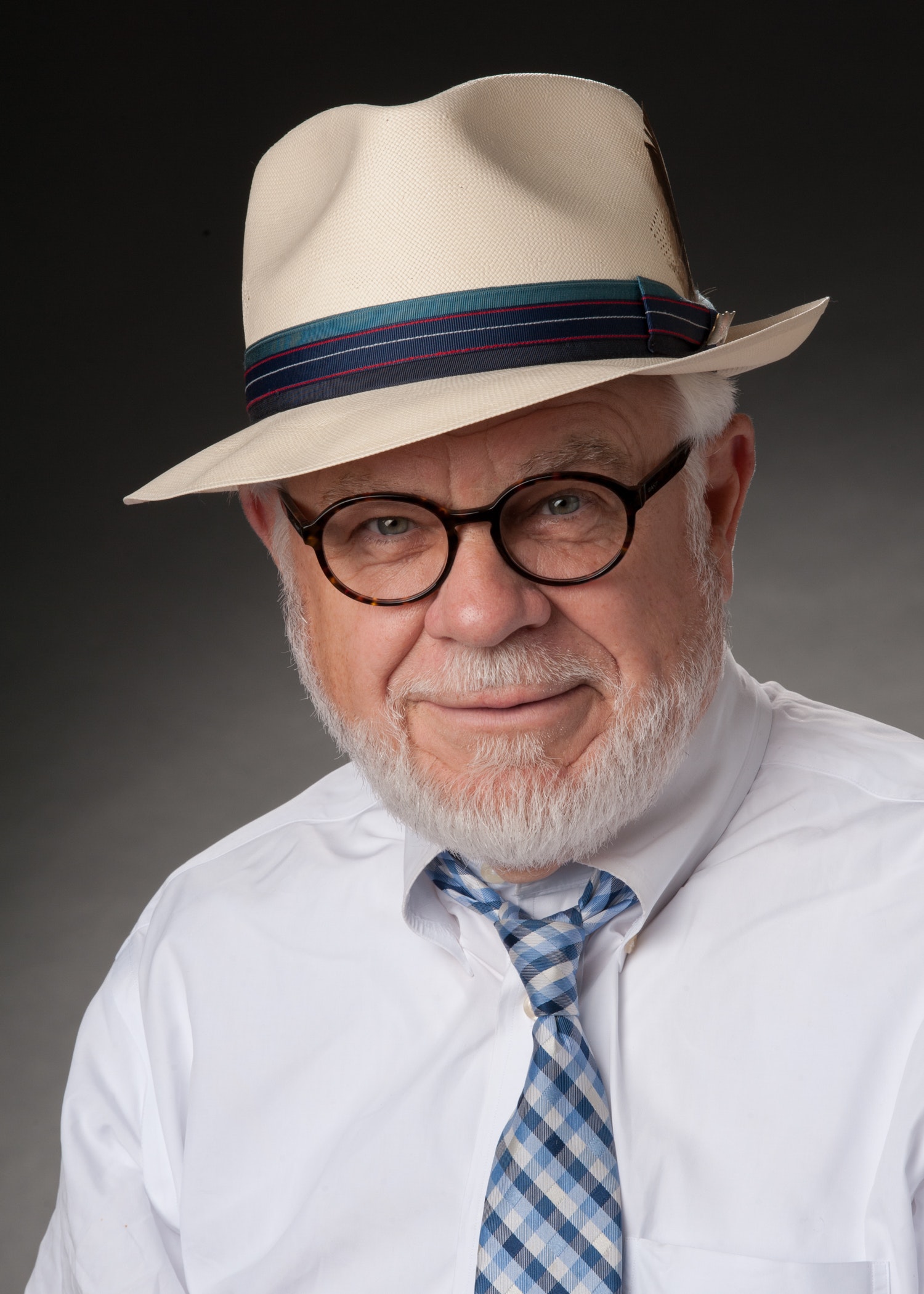The current city council has now been on the job for thirteen plus months. And it has had its sharing of long, gruelling meetings dealing with controversial topics including sagging pants, the garbage fee, and the proposed Cross Bayou development.
Several rule changes should be considered by the council to streamline their meetings, make them more efficient and provide a better experience for those attending the meetings and/or streaming them
Too often citizens who have an interest in council votes must wait way too long for the council to get down to its real business--acting on legislation. These citizens are often subjected to many speakers getting their 3 minutes of fame on an item not before the council.
First, the council should amend the agenda to allow speakers on non-agenda items to only speak at the end of the meeting. Agenda items need to be addressed before council discussion and action on resolutions and ordinances. This is NOT the case with non-agenda items. (This council changed the rules in Jan. of last year to allow non agenda speakers at the beginning of the meetings.)
Secondly, the council should adopt the rule of the Caddo Commission that addresses groups of speakers on the same topic. These citizens are identified by the speaker cards and advised that the proponents and opponents of a topic each get a total of 15 minutes to speak. Each group can decide among themselves who speaks and for how long--all subject to a cumulative 15 minute time period for each side.
Lastly, the council should not allow power point presentations unless they have posted with the council agenda online. Too often power point presentations are totally ineffective because council members, the media and interested citizens do not have a hard copy to follow and make notes on while slides are flashed up on the screen.
Additionally council members should not engage speakers in question and answer sessions , especially on non agenda items. Too often a dialogue which is not authorized by council rules provides an unneeded forum for both the speaker and the council member.
Lastly, speaker who have complaints about water bills, streets, and other matters that should be addressed by the mayor and his administration too often complain to the council. These speakers should be politely interrupted and referred to the mayor or the chief administrative officer with their issues.
The goal is to have an open government that provides meaningful opportunities for citizen participation and involvement. The Open Meetings Law does not mean council meetings should become soap operas for all who just want an audience.
